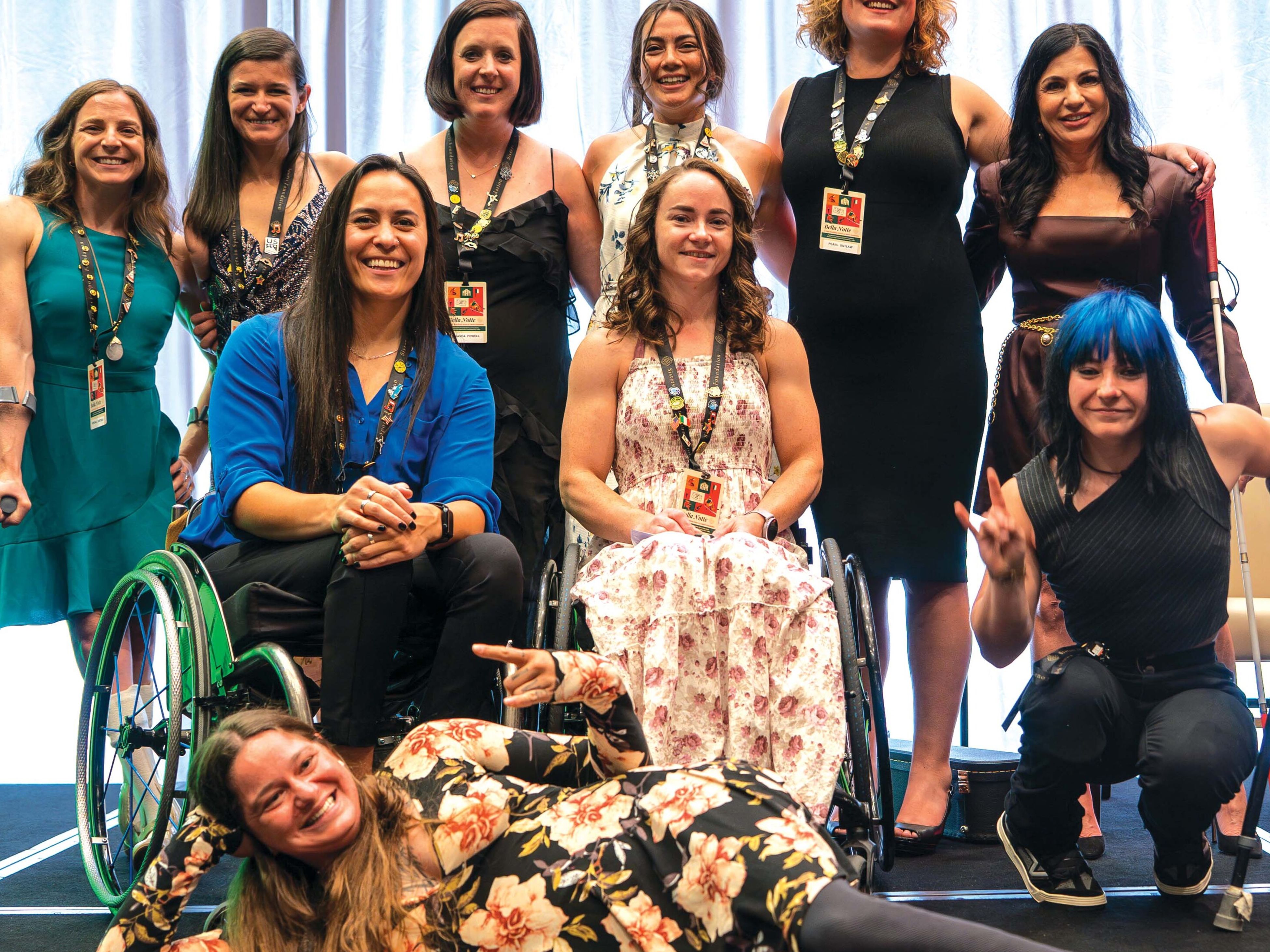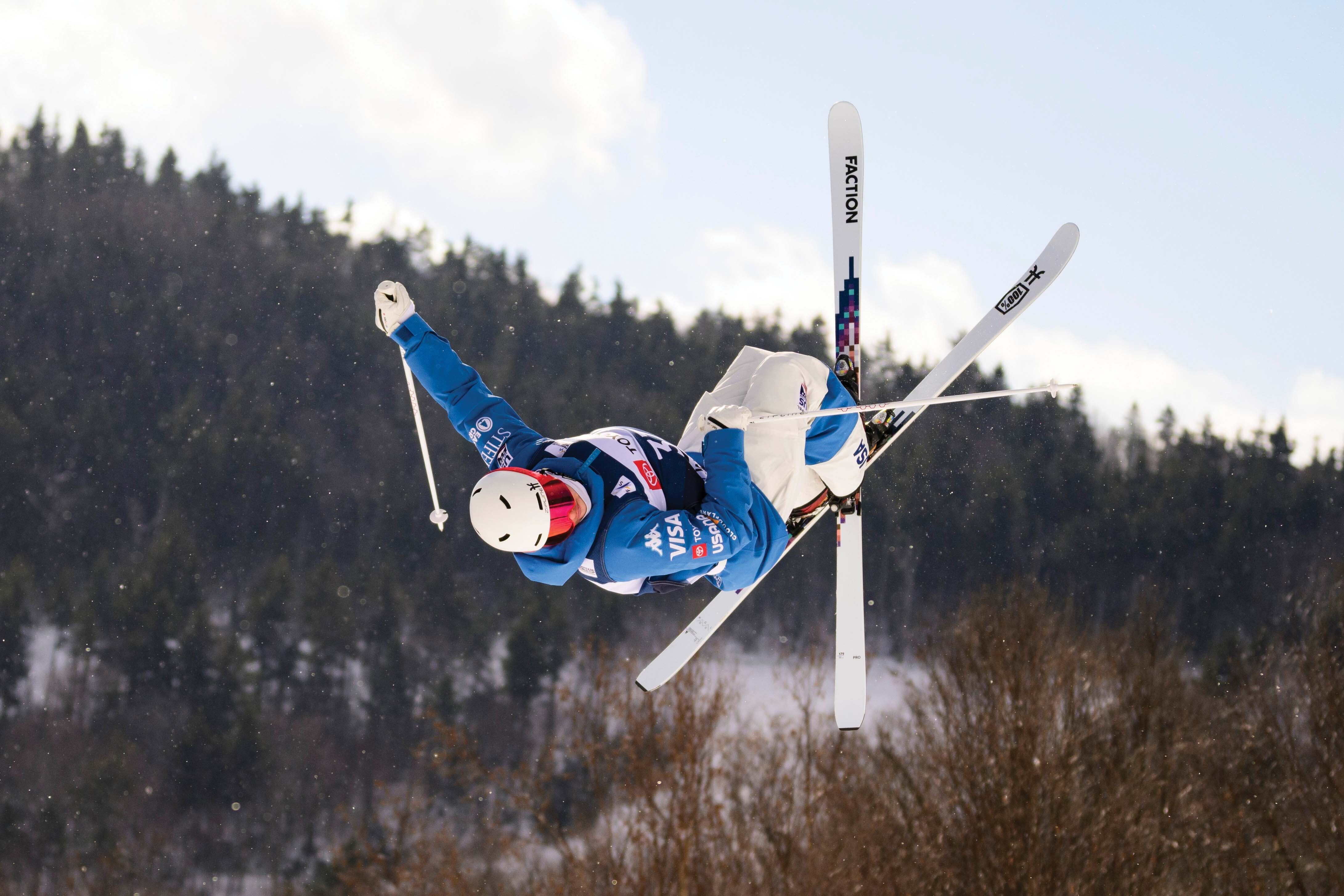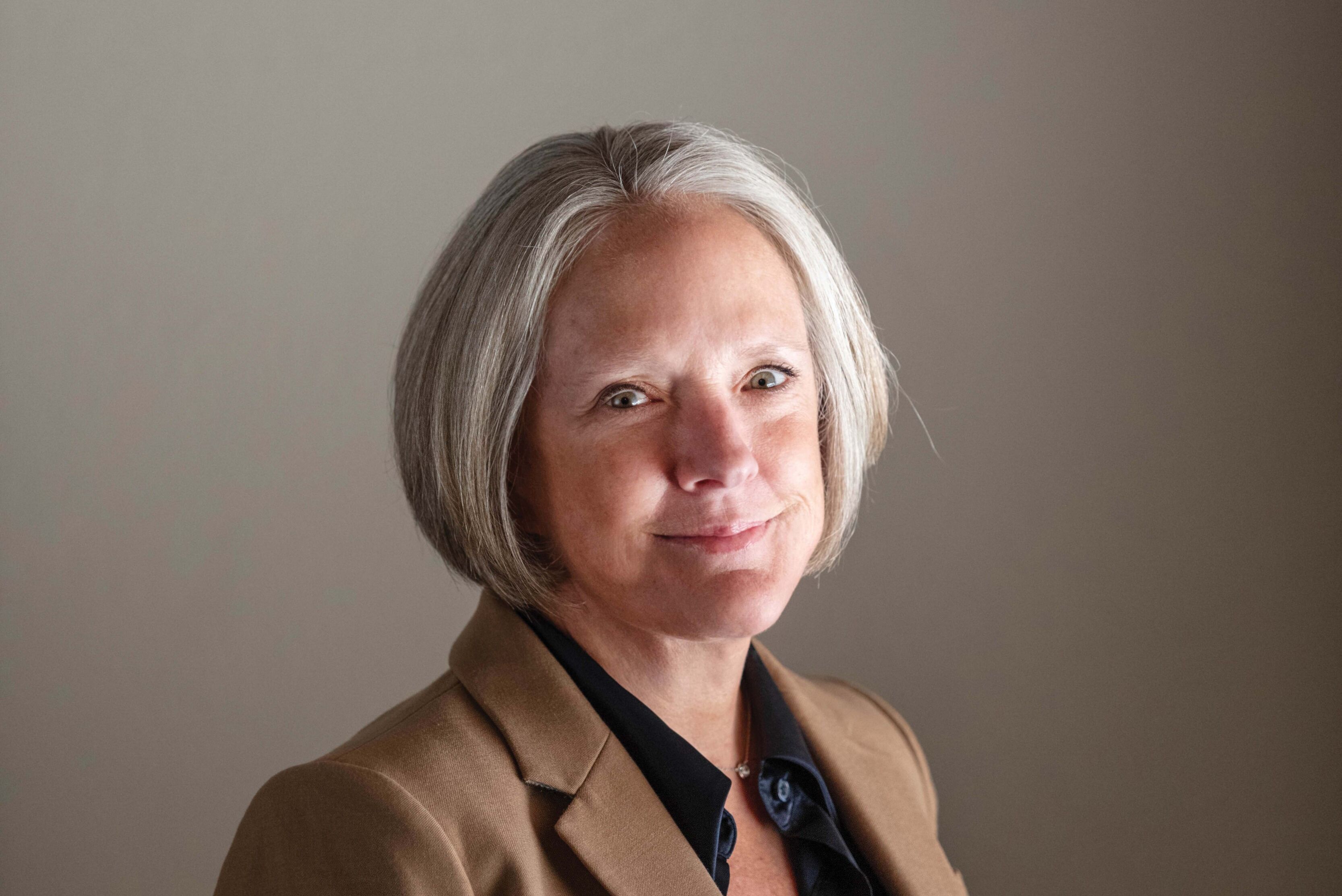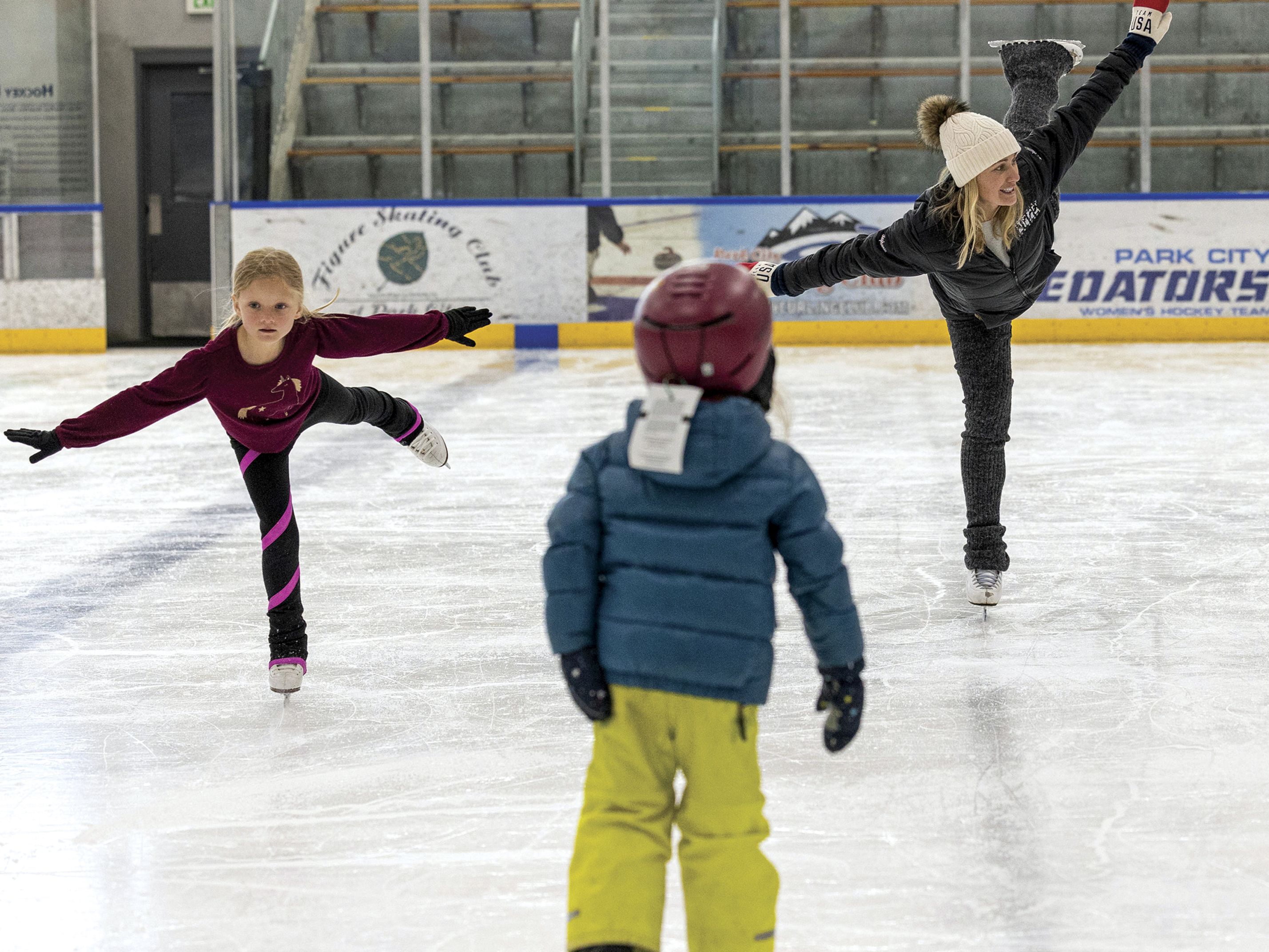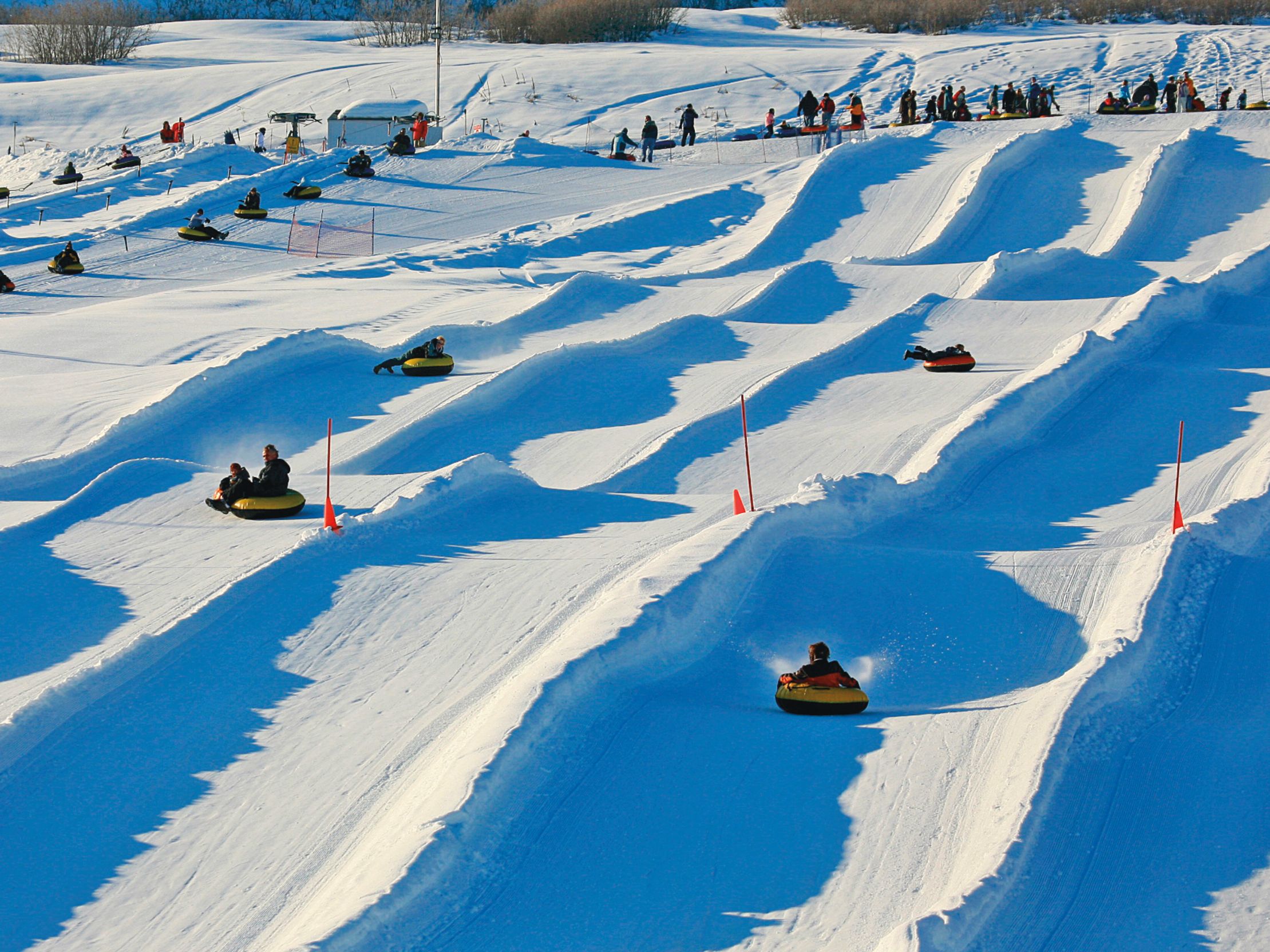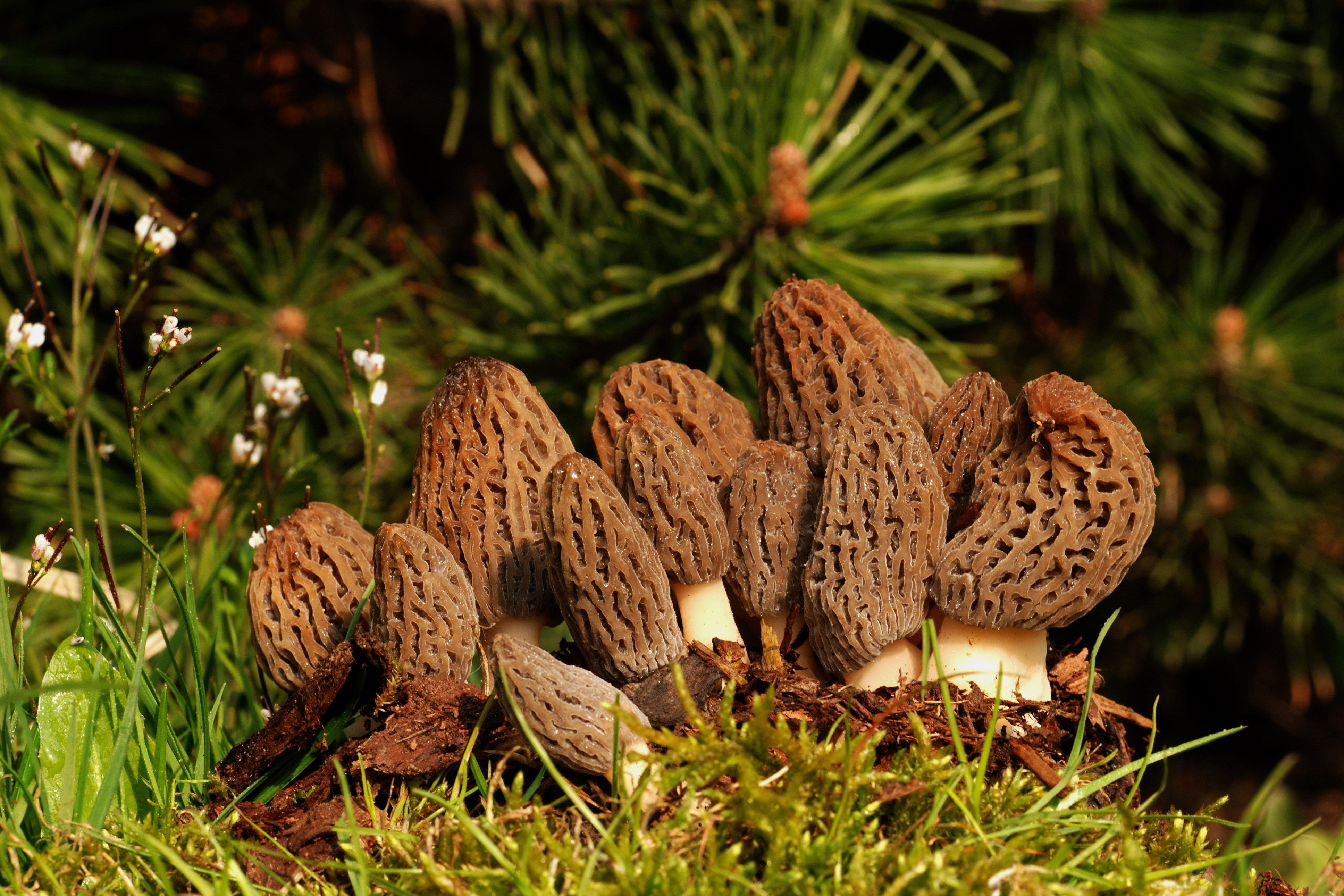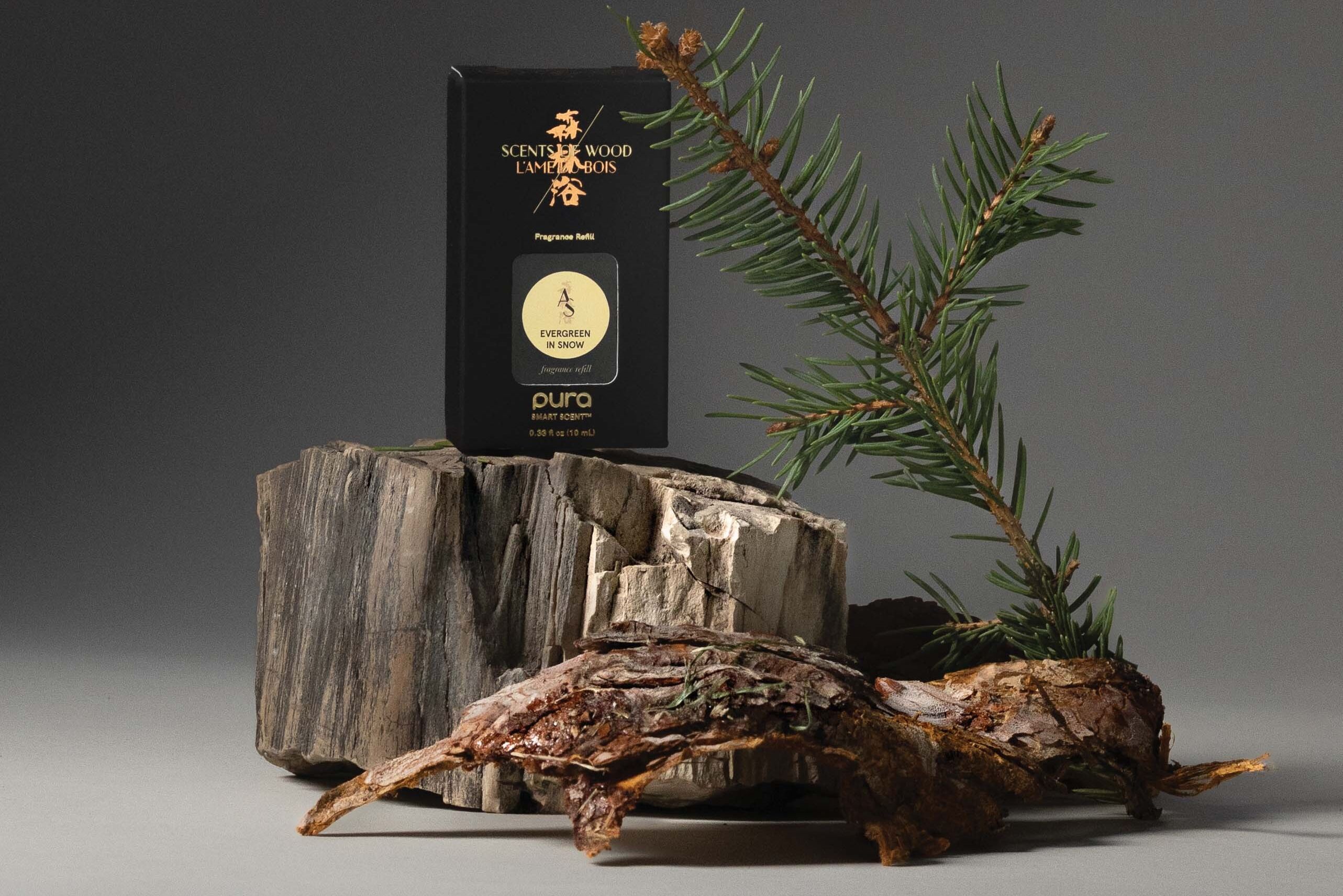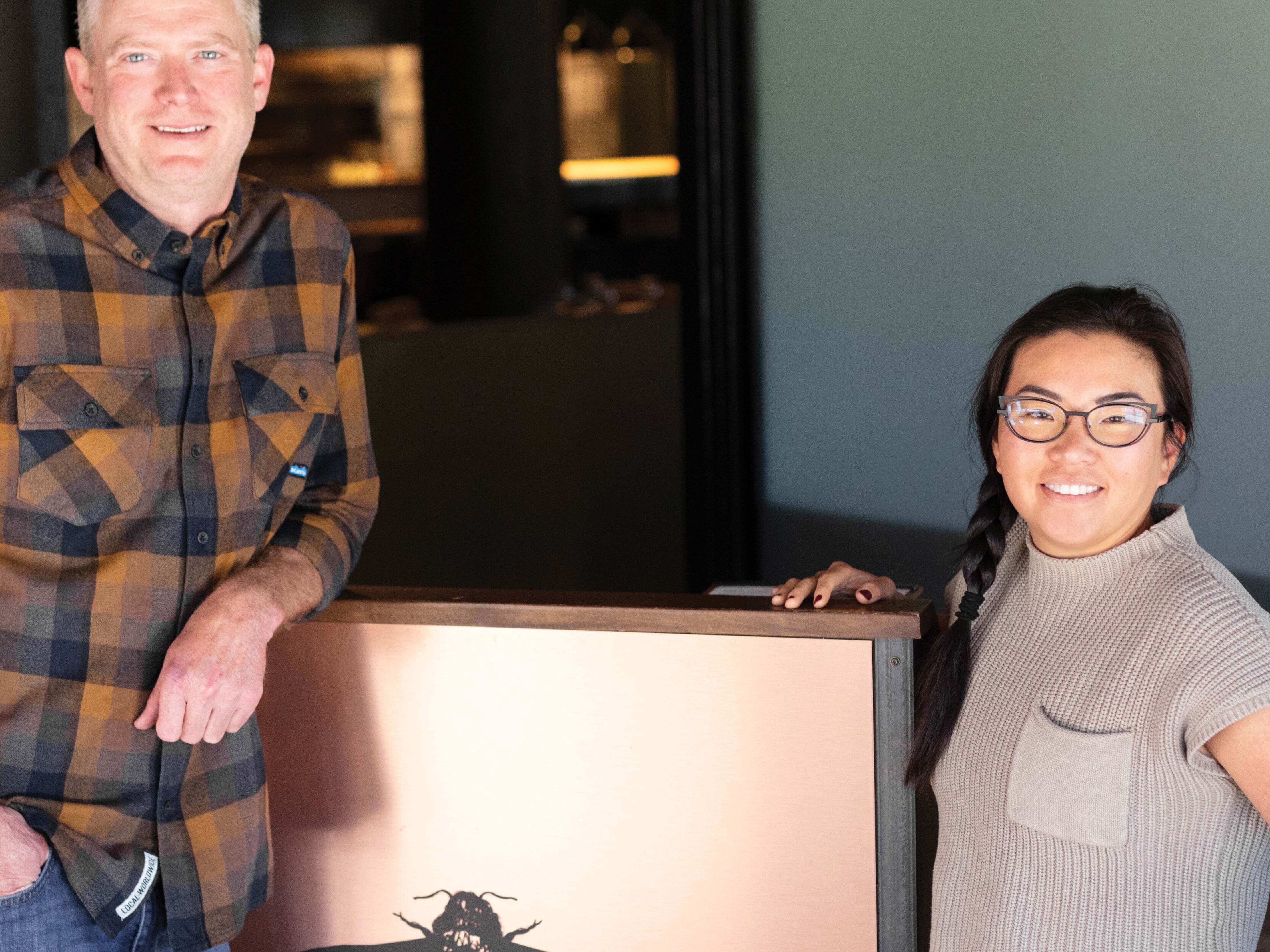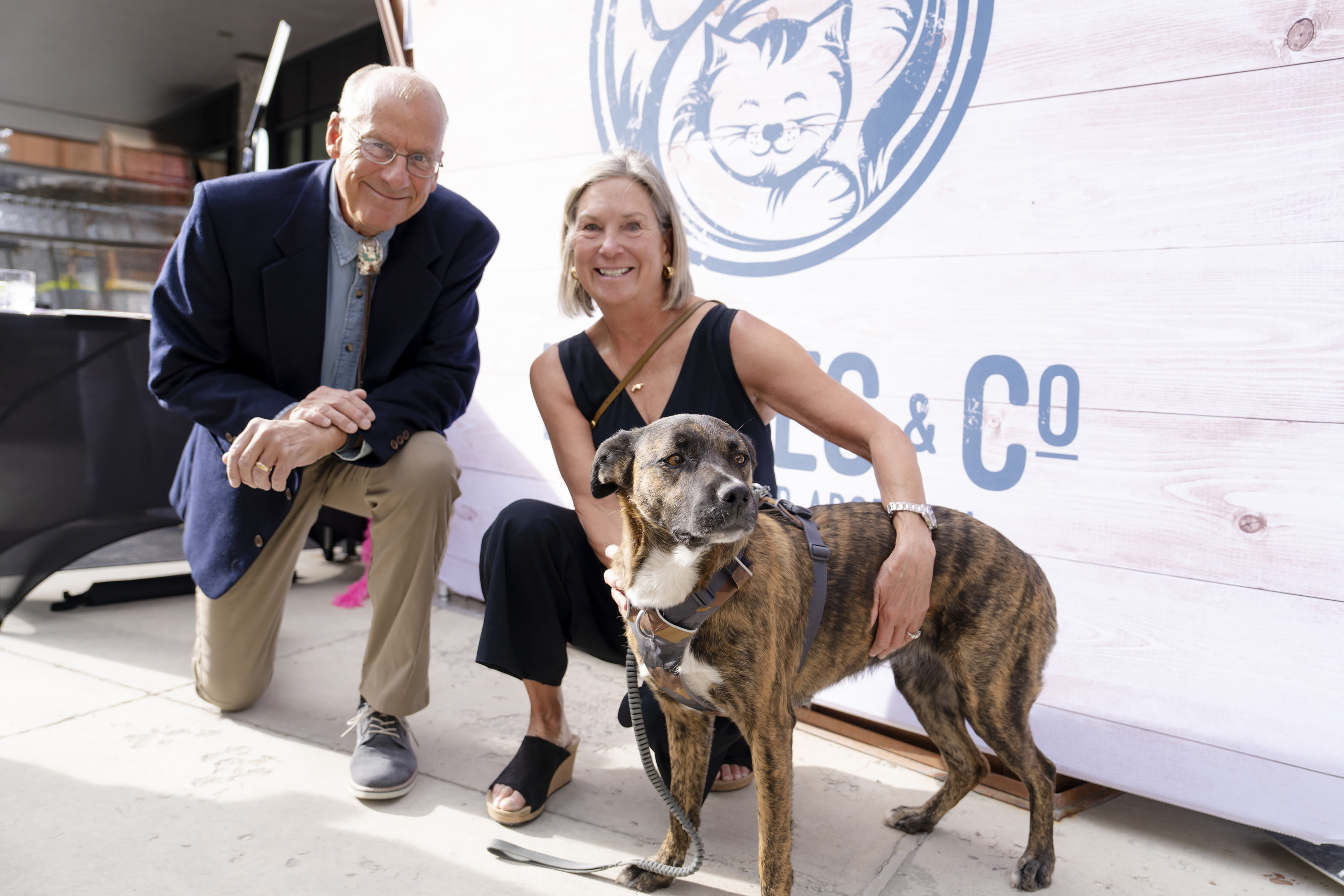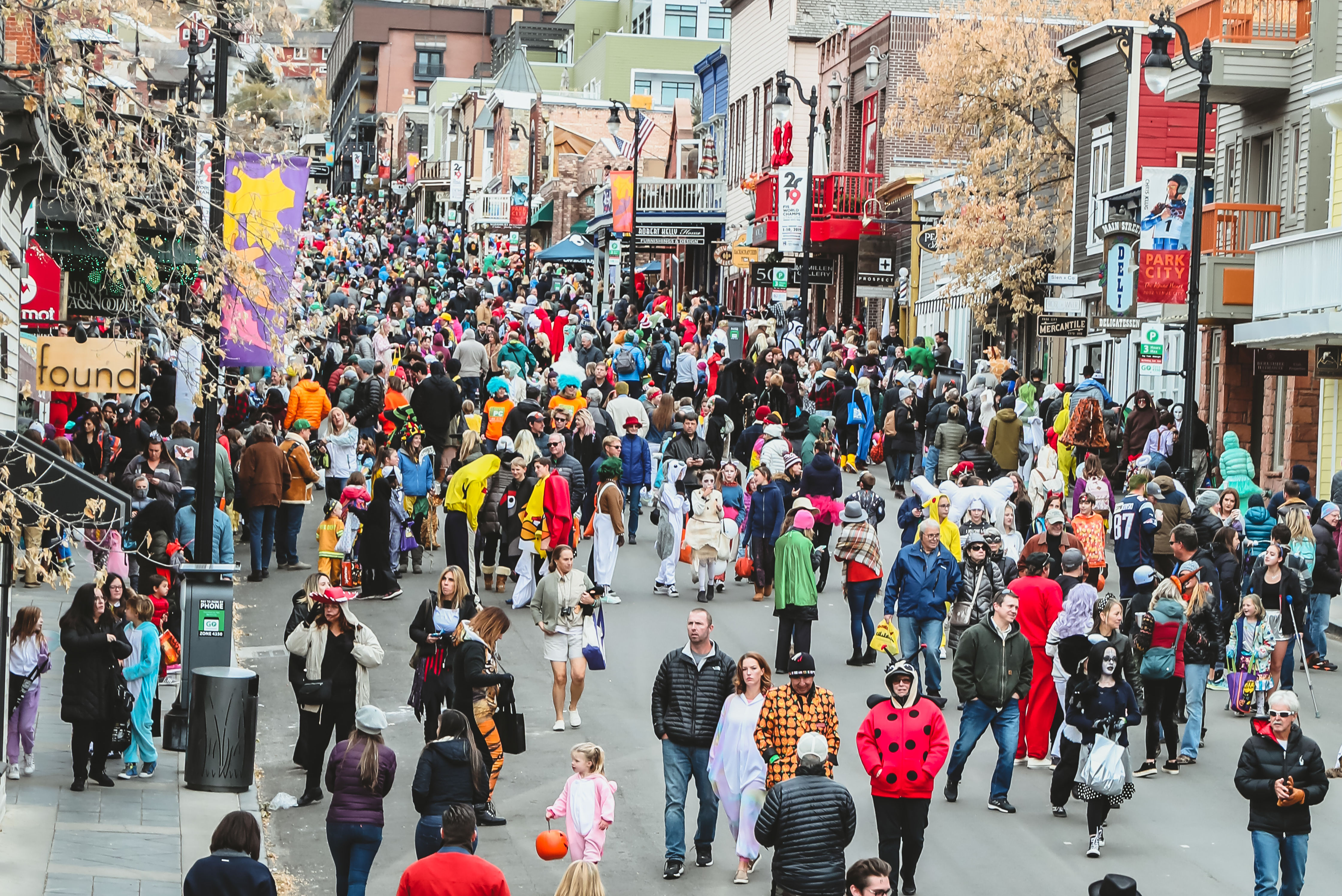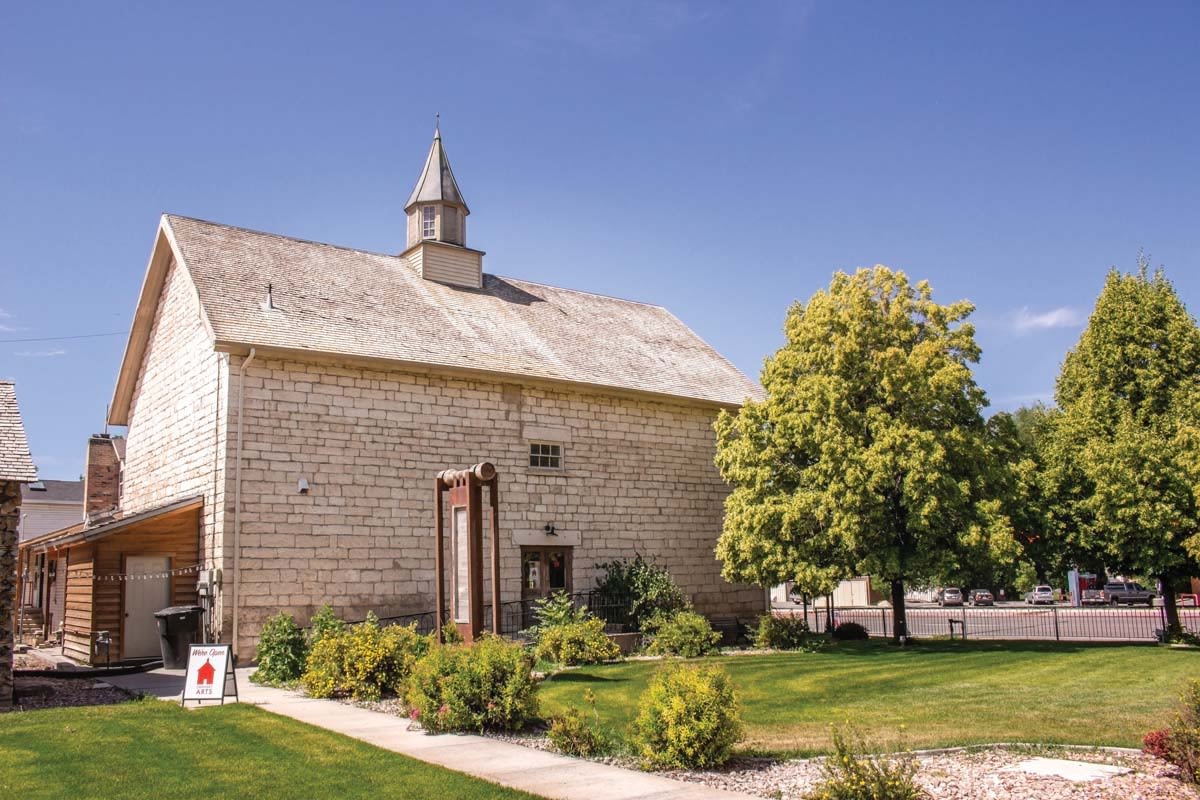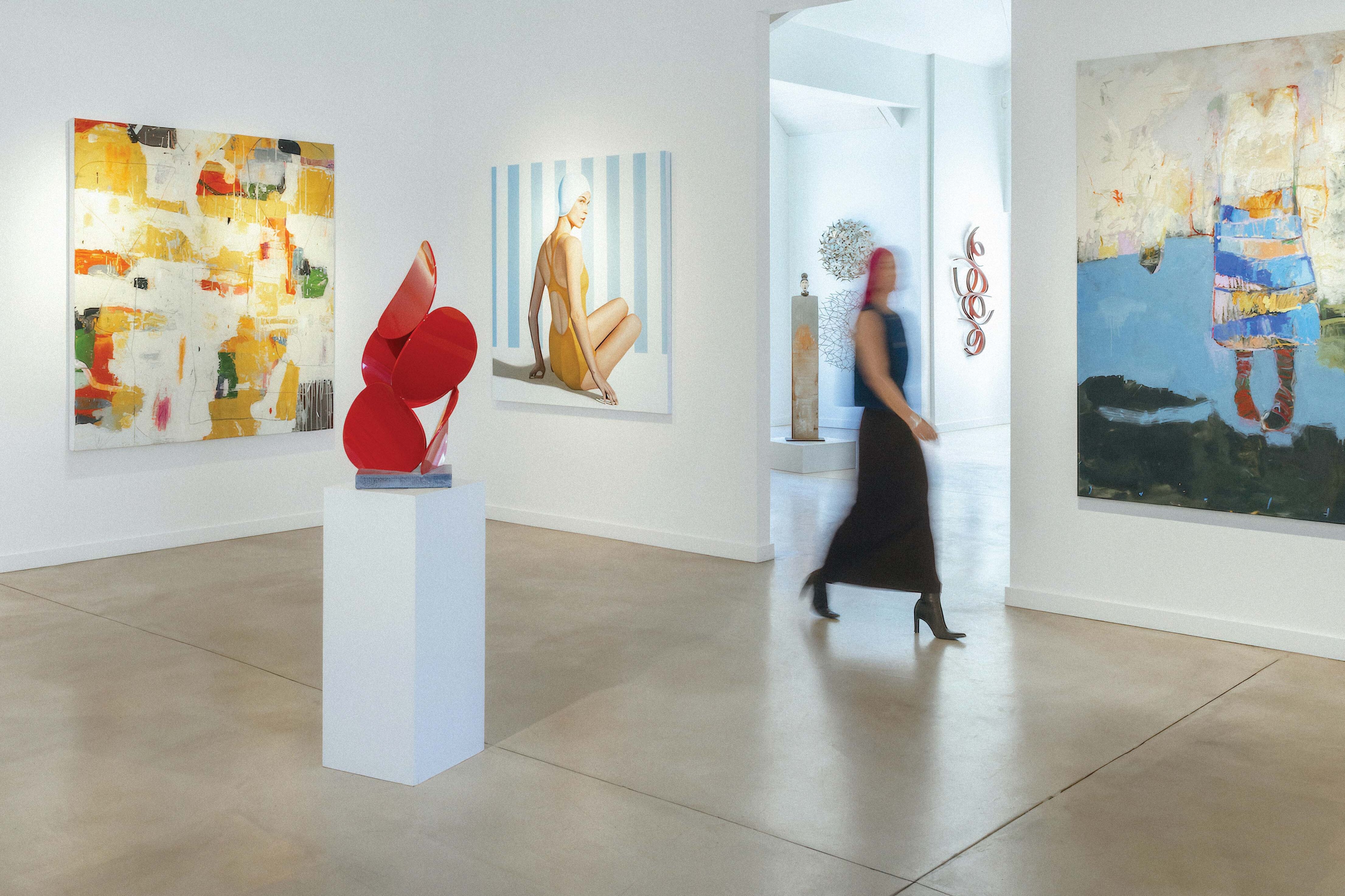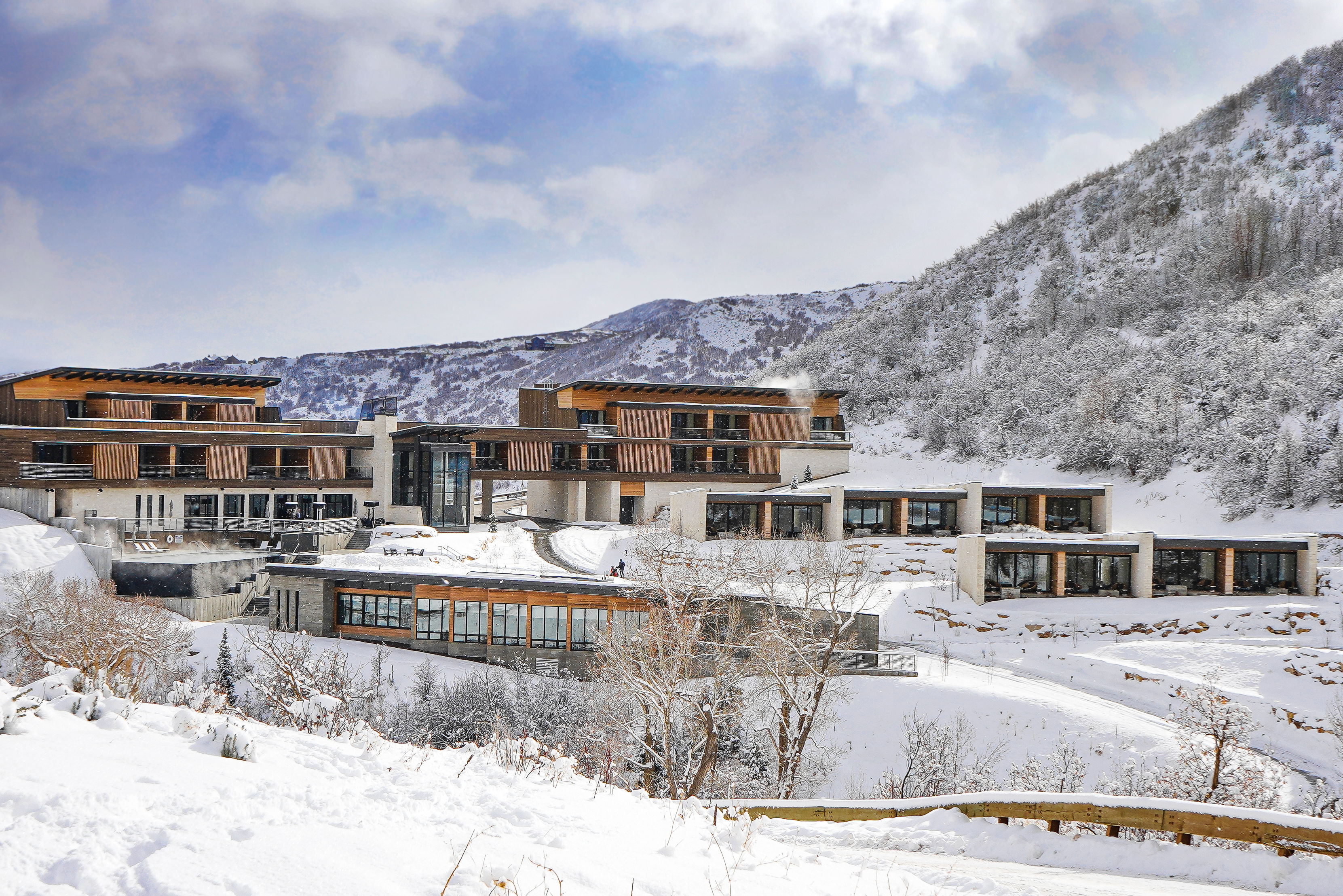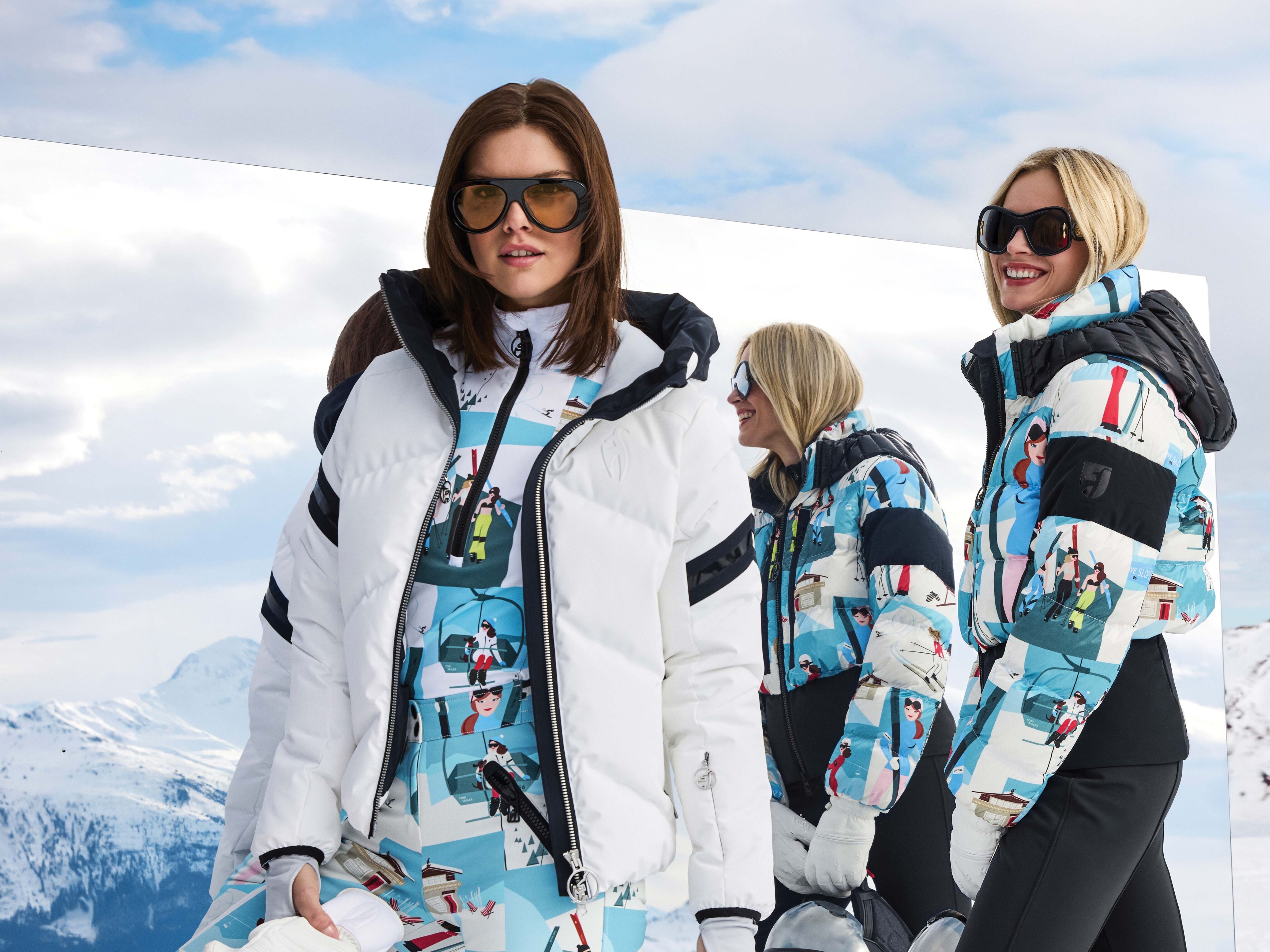Q&A with Rickie Lee Jones
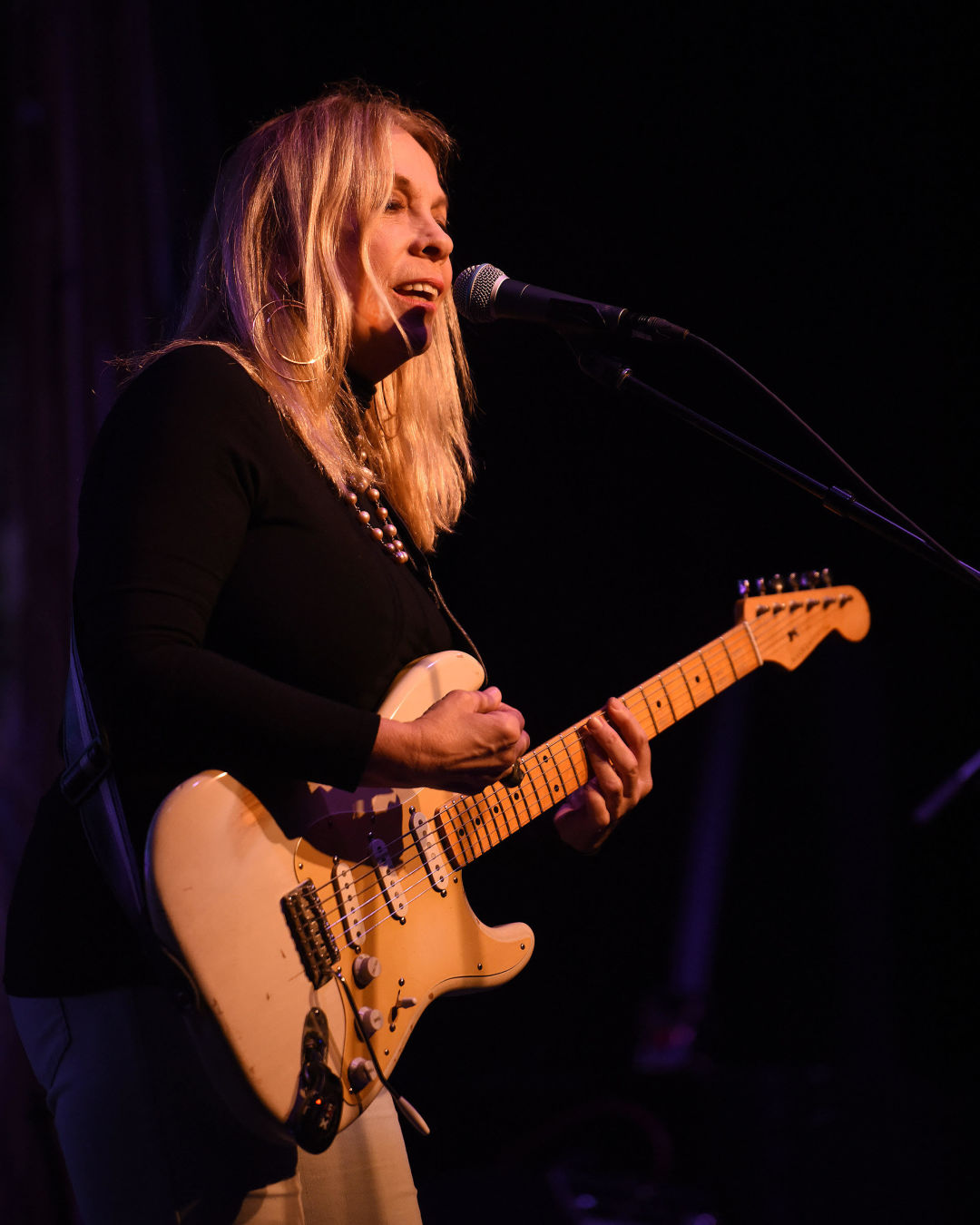
Rickie Lee Jones performs June 7–9 at the Egyptian Theatre.
Image: Dino Perrucci
For three nights, June 7–9, the iconic American singer/songwriter Rickie Lee Jones will perform at Park City’s Egyptian Theatre. “The West is my home,” she told me recently, adding “Park City is one of those jewels of the West that makes this stop so special to me. I’m trying out extra musicians and material to make the Park City shows the unique highlight of this year’s tour.”
It’s been 40 years since Rickie Lee Jones’ debut, and she is still mesmerizing audiences, making records, touring and, well, being interviewed about her music.
Park City Magazine: Rickie, it’s been a long career, but you seem happy and engaged.
Rickie Lee Jones: There is a kind of joy permeating the hours of my day, my work, and me right now. I think it has to do with the 40th anniversary of my very first LP, Rickie Lee Jones. I think it was one of the greatest debuts … ever. Every song is so beautifully crafted. The producers were wonderful, the engineer made a new sounding record, and I was on fire. The career that follows—going ups and going downs—leads me here, writing a new record, and bringing me this record of covers from New Orleans. It is just a great new year and I think we’re going to have a fun year touring (if my manager doesn’t work me to death).
PCM: What were the first records you bought and, more broadly, your musical influences?
RLJ: Surrealistic Pillow by Jefferson Airplane and The Beatles’ White Album. All The Beatles’ albums. And when you think about it, that’s where I come from. I heard jazz because that’s what my father listened to Nina Simone, Sarah Vaughan, Ella Fitzgerald, Tommy Dorsey, Benny Goodman. And I think the rhythm got into my bones because when I sing, I am just behind the beat. If I sing a pop song, I sing like John Lennon.
PCM: Your debut on the music scene was different in so many ways, what was your vision for yourself?
RLJ: Singing those different genres on the same stage, which is hard for people to imagine today, but in 1982, you just didn’t do it. You were either a country singer or a pop singer or a songwriter, which was guitar-based lamentations. And I did that, I didn’t do country. I did that and I sang “My Funny Valentine” and something cool. And so, I guess I’m kinda proud that when I was a young girl, I was so full of confidence. I was full of confidence and vision about who I was and what I wanted to do and that I had the will to make it manifest. Yes, I did.
PCM: You mentioned your first LP, Rickie Lee Jones. Why did it have such a spectacular impact?
RLJ: The first record was rooted in traditional songwriting, which had tottered on the edge for a while. New wave and country rock had taken over pop music (along with disco) so that’s what was going on. Writing a good old pop song with a bridge and a chorus, like The Beatles did, was so exciting, I guess, to radio and the people.
PCM: How did the polls and the critics judge your debut?
RLJ: I was the new queen of folk rock and I was the new jazz singer. That was exciting. For the first three years I would be included in polls of rock and pop and jazz (and I won some of those polls), and occasionally the songwriter category, which was the only poll I should have been in. But at the time, things were so sexist.
PCM: So sexist?
RLJ: Because we ascribe to men an authority in all manner of jobs, whether they are doctors, teachers, policemen, or congressmen, they have an authority that women aren’t given. So, in important polls, like in Rolling Stone magazine, they didn’t even notice that there weren’t any women included. Even though the greatest women songwriters at the time were Joni Mitchell and Laura Nyro, and, for crying out loud, Aretha Franklin wrote some of her greatest work then. These people were never included in the songwriter category. Carol King? Maybe. But she had to first sell about a hundred million records. And it is still a biased, unbalanced workforce and workplace.
PCM: The ultimate poll, the ultimate critic, is your impact on music and culture. You also developed a unique visual style, enough to have been photographed by Annie Leibowitz, Herb Ritts, and others. Can you still see your influence today?
RLJ: I do see the influence today. But it’s an evolution. When I stepped out onstage, I was wearing antique, secondhand clothes as well as goofy spiked stiletto heels. I was mixing genres. Only because I didn’t know any better! [Laughs] Then I put on this elegant spandex bodysuit with what I thought were elegant stripper gloves that went up to the elbows. You know: Breakfast at Tiffany's meets disco queen. And I thought because my work was so serious and I was such a serious songwriter and singer, I could bring these weird costumes to the stage and make the point that perhaps you don’t have to dress quite like you think you should to be taken seriously. Prince’s band, Wendy and Lisa, they all wore Rickie Lee-style costumes. All the lace gloves and bras showing. That’s the only costume I still see. If I were to watch that thing, American Icon [Idol] or something, where the kids are singing and wanting to be rock stars? They will be wearing the Rickie Lee Jones outfit, circa 1982. The spandex, the red mules and the gloves. It’s still kinda an iconic look. It’s just sexy and weird.
PCM: Did you consider yourself a songwriter or a pop singer or a rock star.
RLJ: I considered myself a songwriter. But on stage, I was a rock star. I just didn’t see that I had to behave. So, once I sat my guitar down, I could prance around like Mick [Jagger] or Tina [Turner], or whatever I wanted to be because it was my stage. I think that was really new. You know: the sexuality thing hadn’t been done much, but coming from a singer-songwriter, it hadn’t been done at all. And it hadn’t been done by white women. You know, Tina Turner had definitely burned the ground beneath her, and it’s still scorched earth. But as much as I could, you know, I went “I can dance like her. I can do that, too.” So, I think I brought a little Tina Turner with me on stage.
PCM: These breakthroughs were about then “novel” forms of music and performance, but I don’t think that can sustain an audience for 40 years. Do you think something spiritual is going on?
RLJ: Performers often feel they’re filled with spirit that is inexplicable to them. But it is rather more like a romance with the audience. That’s right. We’re both romancing each other. The audience comes to want to be loved by the artist. So, all I need to do is to give them my heart. And they’ll go home … maybe feeling healed or lifted or something wonderful. And that’s the key that performers need to learn; they often think they need to get the audience to love them, but the audience already loves them.
PCM: Speaking of audiences and performances, you’re going to be in Park City on June 7th, 8th and 9th. An extended booking.
RLJ: I’m going to be at the Egyptian Theatre for three nights. It’s exciting, because I’m not often in a city for three nights, which allows me to design three really different experiences for me and the audience. And so that’s what I plan to do. I’m going to do some recitations from the book [an autobiography in progress] and I’m going to be working with my new ensemble doing a totally different show from what I’ve done in the last 20 years.
PCM: Do you know what your set list is for the Park City shows?
RLJ: I don’t have a set list because it would crush my spirit in a short amount of time if I had to play the exact same songs in the exact same order. That’s not feeling the audience. And where they want to go. It would be like going on a date and going, “and then after we have the steak, I’m going to kiss her, and at 8:05 then I’m going to …” You have to wait and see what she’d like.
Tickets for Rickie Lee Jones in concert at The Egyptian Theatre can be purchased at parkcityshows.com
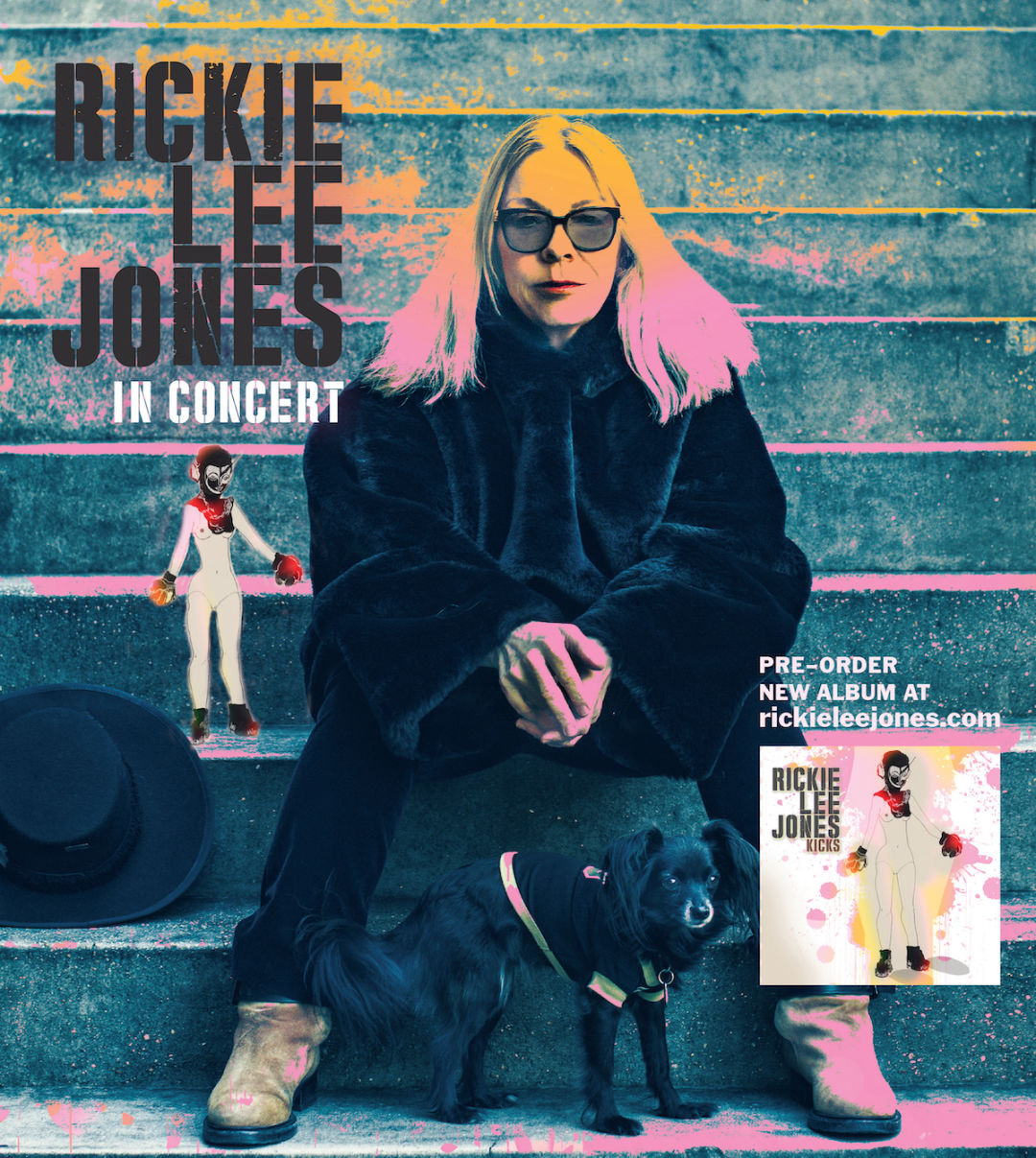
Image: Courtesy Egyptian Theatre
